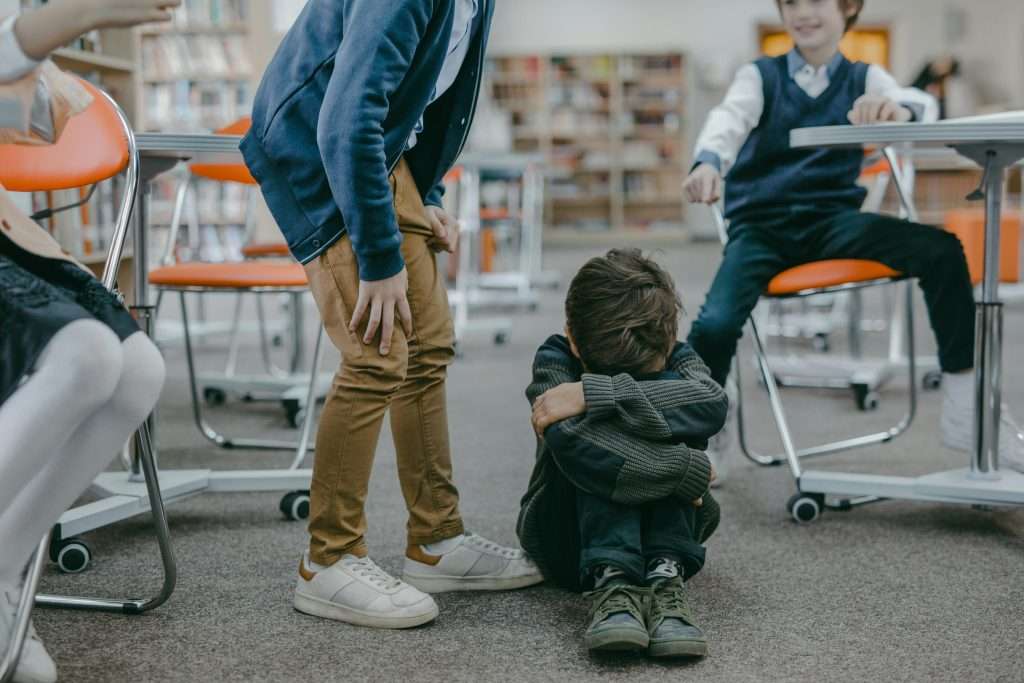Child abuse is a stain on the planet, a foul pandemic that sees somewhere in the region of 1 billion children harmed each year. The UK is by no means safe from this global horror, with hundreds of thousands of children suffering at the hands of abusive loved ones or other adults in positions of authority. Not all abuse is physical, though, and emotional abuse serves to be one of the more pernicious kinds of abuse suffered nationally.
What is Emotional Abuse?
Emotional abuse is one form of abuse practiced against another person, that sits within a field of different forms and types. Abuse is a wide-ranging and non-singular form of treatment, which can be dispensed in many more ways than conventionally-understood methods of physical and verbal abuse.
Emotional abuse in particular describes abusive acts that target the emotions of the victim; again, these can be wide-ranging, from conventional name-calling and anger to gaslighting, isolationism, fearmongering and even humiliation. The emotional abuse of children is another route by which perpetrators seek to wield control, and can have disastrous short- and long-term consequences.
How Does Emotional Abuse Affect Children?
The immediate consequences of acts of emotional abuse are those that the abuser intends; the child will feel intense negative emotions according to the abuse suffered. If someone in a position of authority seeks to scare a child, the child will feel abject and paralysing fear.
Regular and ongoing instances of emotional abuse can have extreme consequences for the child’s development, from instigating chronic mental health disorders to stunting emotional, behavioural and academic growth. In some harrowing instances, abused children can adopt the behaviours of their abusers as a coping mechanism – carrying on a cycle, and failing other families in the process.
How to Recognise Emotional Abuse
The impacts of abuse are both hidden and in plain sight, with some of the behavioural side-effects that children display being useful hints that something deeper may be at play. Victims of abuse are likely to be more withdrawn than others, and to display unusual levels of distrust towards adults or authority figures. They might display difficulties in self-expression, or worrying thoughts expressed through drawings.
How to Protect Children From Emotional Abuse
In many cases, emotional abuse is part and parcel of a wider campaign of abuse against a child – with many unfortunate enough to suffer physical injuries at the hands of their abusers. In these cases, brain injury claims can be a useful way of garnering civil accountability from the abusers, and sourcing money for funding the victim’s journey to recovery.
Not all journeys look like this, though, and ideally you would be protecting children from emotional abuse before physical abuse become a possibility. Vigilance is the only true weapon on your side here, whether as a loved one or someone entering a position of institutional authority. The NSPCC is an indispensable charity for receiving tips and generally providing advice.
For more news click thebritaintimes.co.uk


